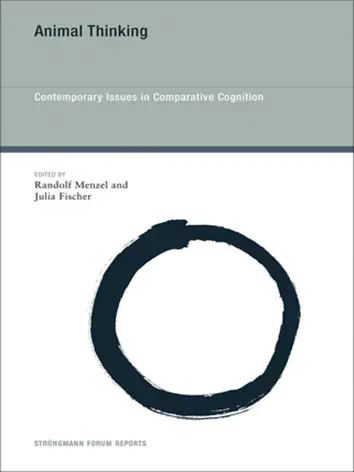Experts from psychology, neuroscience, philosophy, ecology, and evolutionary biology assess the field of animal cognition.
Do animals have cognitive maps? Do they possess knowledge? Do they plan for the future? Do they understand that others have mental lives of their own? This volume provides a state-of-the-art assessment of animal cognition, with experts from psychology, neuroscience, philosophy, ecology, and evolutionary biology addressing these questions in an integrative fashion. It summarizes the latest research, identifies areas where consensus has been reached, and takes on current controversies. Over the last thirty years, the field has shifted from the collection of anecdotes and the pursuit of the subjective experience of animals to a rigorous, hypothesis-driven experimental approach. Taking a skeptical stance, this volume stresses the notion that in many cases relatively simple rules may account for rather complex and flexible behaviors.
The book critically evaluates current concepts and puts a strong focus on the psychological mechanisms that underpin animal behavior. It offers comparative analyses that reveal common principles as well as adaptations that evolved in particular species in response to specific selective pressures. It assesses experimental approaches to the study of animal navigation, decision making, social cognition, and communication and suggests directions for future research. The book promotes a research program that seeks to understand animals’ cognitive abilities and behavioral routines as individuals and as members of social groups.






Reviews
There are no reviews yet.